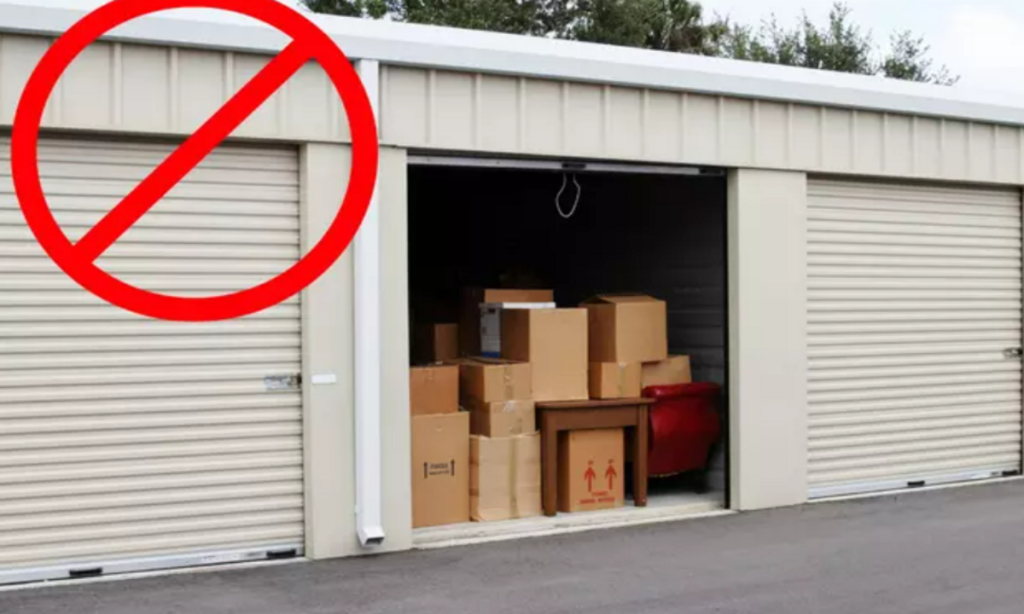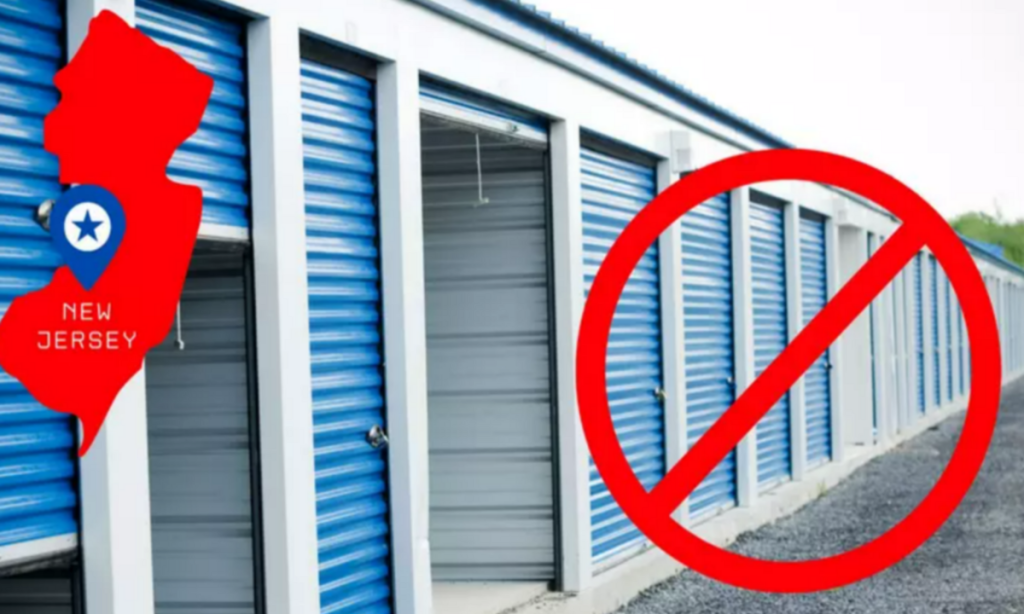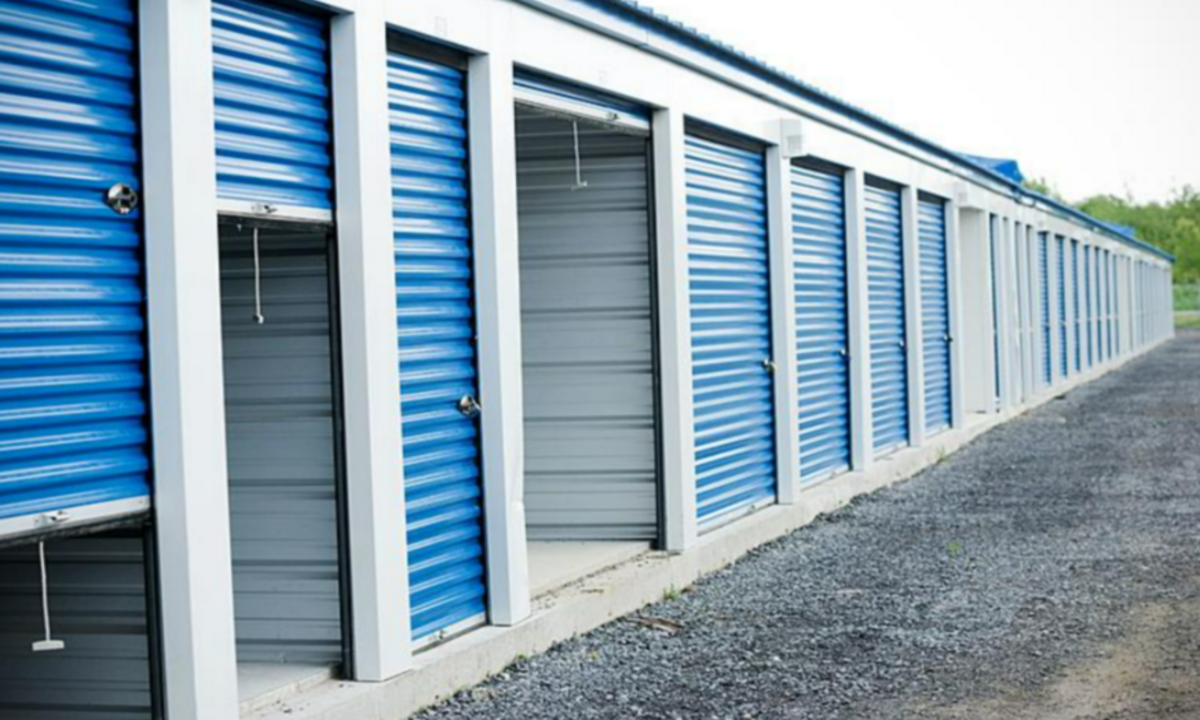Exploring the Legality and Implications of Living in a Storage Unit in New Jersey
As housing costs continue to rise in New Jersey, some residents are considering unconventional living arrangements, such as residing in storage units. While this idea may seem like a cost-effective solution, it’s essential to understand the legal, safety, and practical implications of such a choice.
Legal Prohibitions
Under New Jersey law, specifically New Jersey Revised Statutes Section 2A:44-188, the use of self-service storage facilities for residential purposes is explicitly prohibited. The statute states: “No occupant shall use a self-service storage facility for residential purposes.”
This means that living in a storage unit is not only discouraged but is also illegal within the state.
Safety Concerns
Storage units are designed for storing belongings, not for human habitation. They typically lack essential amenities such as ventilation, insulation, plumbing, and emergency exits. Living in such conditions can pose significant health and safety risks, including exposure to extreme temperatures, poor air quality, and increased fire hazards. Additionally, the absence of proper sanitation facilities can lead to health code violations and personal health issues.
Enforcement and Consequences
Storage facility operators are vigilant about ensuring their units are used appropriately. Many facilities have strict policies and surveillance systems to monitor activity. If an individual is found living in a storage unit, they can face immediate eviction, termination of their rental agreement, and potential legal action for trespassing. Moreover, such actions can lead to a permanent ban from the facility and possible fines.
Alternative Housing Solutions
For those struggling with housing affordability in New Jersey, several resources and programs are available to assist:
Affordable Housing Programs: The New Jersey Housing and Mortgage Finance Agency (NJHMFA) offers various programs to help low and moderate-income families find affordable housing options.
Rental Assistance: The state’s Department of Community Affairs provides rental assistance programs to eligible individuals and families, helping to reduce the financial burden of housing costs.
Emergency Shelters: Numerous non-profit organizations and county agencies operate emergency shelters and transitional housing for those in immediate need.
Community Development Programs: Local community development agencies often have initiatives aimed at increasing affordable housing availability and assisting residents in securing safe accommodations.
Community Perspectives
Discussions on platforms like Reddit highlight the challenges residents face regarding affordable housing. One user noted the proliferation of storage units compared to affordable housing options, emphasizing the irony that, despite the abundance of storage facilities, living in them is not permitted.
These conversations underscore the need for more accessible housing solutions in the state.
While the idea of living in a storage unit might appear as a creative solution to housing challenges, it is neither legal nor safe in New Jersey. Residents facing housing difficulties are encouraged to explore legitimate avenues and resources designed to provide safe and affordable living arrangements. Engaging with local housing authorities, non-profit organizations, and community programs can offer assistance and guidance tailored to individual circumstances.
Disclaimer—Our team has checked this article to ensure its accuracy and eliminate any misinformation. We are committed to providing clear and reliable information for our readers.


